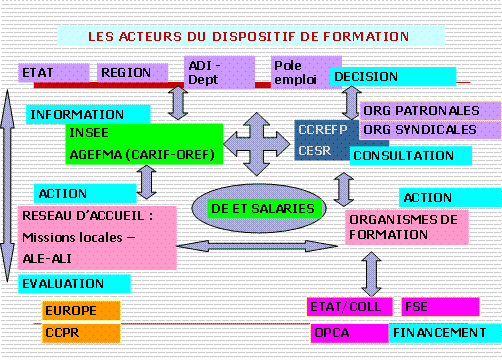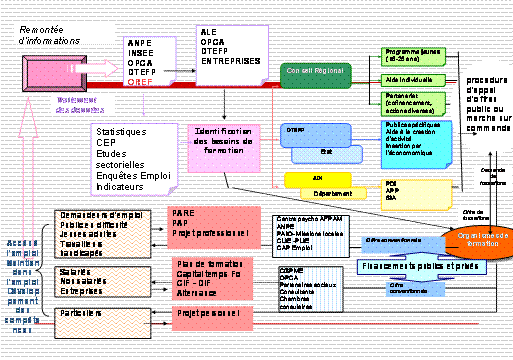Slovakia - A national system to prevent plagiarism is working
 By Julius Kravjar. Today there are 39 higher education institutions and 250,000 students in Slovakia, which has a population of 5.4 million. This is a nearly fourfold increase in admissions since 1989 – the year of political earthquakes in Central and Eastern Europe – when there were 13 institutions and 63,000 students in the country.
By Julius Kravjar. Today there are 39 higher education institutions and 250,000 students in Slovakia, which has a population of 5.4 million. This is a nearly fourfold increase in admissions since 1989 – the year of political earthquakes in Central and Eastern Europe – when there were 13 institutions and 63,000 students in the country.This, together with low awareness of copyright and intellectual property rights plus internet penetration which has risen from zero to 79.2% over the period up to 2011, has made Slovakia a fertile ground for a rise in plagiarism. In 2008 only two higher education institutions were using plagiarism detection systems. The situation was serious and required a solution. That year the Slovak Rectors' Conference asked the Ministry of Education to coordinate activities related to the acquisition of a plagiarism detection system and recommended that higher education institutions amend their regulations to ensure that plagiarism was penalised. The Ministry of Education analysed the proposal and decided to launch a systematic fight against plagiarism. A goal was set: by 2010 it would be obligatory for all Slovak institutions to use the national central repository for theses and dissertations (NCRTD) and the national plagiarism detection system (NPDS).
How innovative is it?
The collection and processing of all bachelor, masters and other theses and doctoral dissertations produced at Slovak higher education institutions is concentrated in one place – the NCRTD. Before the defence of the thesis, the higher education institution has to forward the thesis in electronic form to the central repository. The thesis undergoes a check for originality. Incoming theses and dissertations are compared to others in the central repository and to selected internet resources. The originality check protocol is returned to the higher education institution, stating whether the thesis is original or plagiarised. The protocol is one of the sources used by the examining committee in deciding whether a piece of work is original. The thesis and relevant meta data are kept in the central repository for a period of 70 years from the date of registration. Higher education institutions pay no fee for the service. The system’s acquisition costs were covered by the Ministry of Education, which also pays for the operating costs.
The findings after two years
Both systems – NCRTD and NPDS – have been in operation since April 2010. There are 214,000 theses and dissertations in the NCRTD after two years. The majority of theses and dissertations are in the Slovak language (92.8%), followed by English, Czech, Hungarian (all less than 2%) and German (less than 1%).
For dissertations only, 91.2% are in Slovak, 6.4% in English and 1.7% in German. The central repository contains a small percentage of theses in other languages: Russian, Ukrainian, French, Spanish, Italian and Swedish. Analysis shows that the existence of the NCRTD and NPDS acts preventively, and not just in the student community. The public is also able to verify any suspicion of plagiarism, for instance.
Libor Vozár, president of the Slovak Rectors' Conference, said: "The launch of the system had mainly psychological effects – students are more responsible in writing their work and more careful in their use of resources.”
The implementation of the system has also been praised by the rector of the University of Economics in Bratislava, Rudolf Sivák, who said that it had a particularly positive effect on students' attitudes. “Theses are being written more independently, they are of higher quality and there is also an increase in the citation of sources,” he stated.
To sum up
Technology is just one of several dimensions in the fight against plagiarism. There is still a long way to go in order to raise ethical and moral awareness of plagiarism to a higher level. We have to minimise ethical and moral malpractice related to the writing of theses and dissertations by providing appropriate regulations and policies. There are gaps in the educational process, in legislation and in regulations and policies. The elimination of these gaps can significantly contribute to a non-plagiarism culture. The nationwide implementation of the NCRTD and NPDS in everyday practice is very likely a unique solution in Europe and perhaps in the world.
The ‘Slovak model’ can serve as one example of how to fight plagiarism on a national level. To date, we have no information about any other similar models being trialled. But we are aware of the fact that many paths can lead to the same, remarkable ends.
* Julius Kravjar is project manager of the Centrum vedecko-technických informácií Slovenskej republiky (CVTI SR) – the Slovak Centre for Scientific and Technical Information – SCSTI, an institution directly managed by the Ministry of Education, Science, Research and Sport. It is in charge of the NCRTD and NPDS system.
See also: La fraude aux examens dans l'enseignement supérieur, Plagiat - Habitudes de documentation et de travail sur Internet chez les étudiants, Fraud in international education, Doktortitel zu verkaufen, Pécresse veut lutter contre la fraude à l'université, Toward a Rational Response to Plagiarism, Plagiat de la recherche, Software Catches (and Also Helps) Young Plagiarists, L’étudiante de Rennes 2 avait piraté le système informatique pour augmenter ses notes, New Partners in the Plagiarism-Detection Business, Un site Internet chinois vend de faux diplômes français avant de disparaître de la toile, Universities need to tell students the rules about plagiarism, says adjudicator, Le plagiat, fléau intellectuel.













/https%3A%2F%2Fprofilepics.canalblog.com%2Fprofilepics%2F1%2F0%2F1076071.jpg)